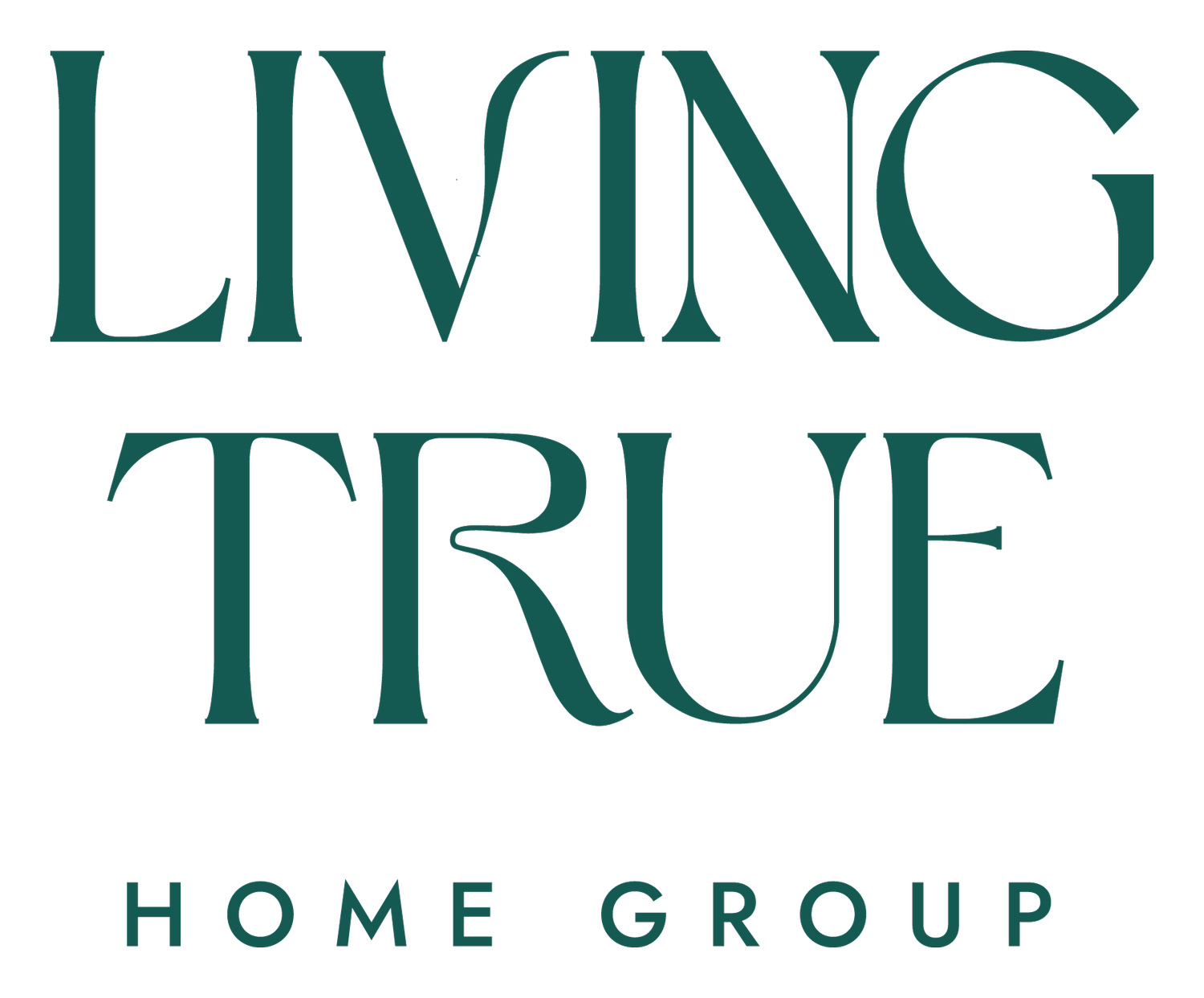Three Expectations for a Home Inspection
You’ve been looking for the right home and finally found it! You’ve submitted an offer and it was accepted. Amazing! Now, you hire a home inspector to evaluate the house. This can be the most stressful stage of the home buying process – but it doesn’t have to be!
Let’s set up expectations of the home inspection so you can be confident and knowledgeable.
Clarify
The typical home inspection report is 30 pages long but we’ve seen them as long as 100. With so many items in the report, it can be tough to tell if there is an issue or if it’s just information. For each item, ask the following:
a. “Is this typical?” Based on the age of the house and the type of construction, there are items that are typically found in similar homes.
b. “Is this manageable?” Manageable means it could be fixed easily or something that just needs routine attention.
c. “What’s the next step?” This is a great question because it highlights if an issue is urgent or something that can be addressed later.
Attitude
Most things in life turn out better if we approach it with the right attitude. This also means being prepared for your home inspection. For example, wear tennis shoes so you can walk around the whole house (inside and out) with the inspector during the summary portion at the end of the inspection. Back when you first saw the house, there are things you and your Realtor (that’s us!) can do to make the home inspection even more valuable. Make note of things for the home inspector to spend extra time reviewing, just in case this is the house for you. Always look up (roof, ceiling) and down (baseboards, floors, basement) to look for potential issues. Note the crawlspace entry location and attic access and provide that info to your inspector.
Leverage the Report
The inspection report is the grade book for the home. Now, during the repair negotiation phase of the home purchase, identify defects (a.k.a things that are actually broken or malfunctioned) that affect the home’s value. This could be a damaged roof or obstructed plumbing.
Next, look for safety hazards. Based on the age of the home, some building codes were not in place when the home was built, and homeowners are not always obligated to update these items to current codes. But, depending on the issue, it could be something to negotiate.
Lastly, assess the overall general condition of the home. Looking at all the pieces from the report, determine the quality of the home’s condition. This will help you decide if it’s the right home for you.
Thanks to Magnolia Home Inspection for these tips to share with home buyers.

